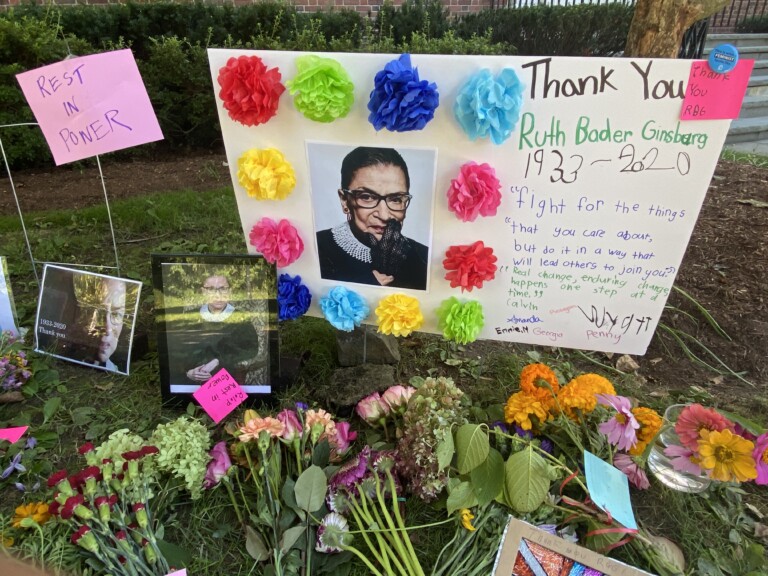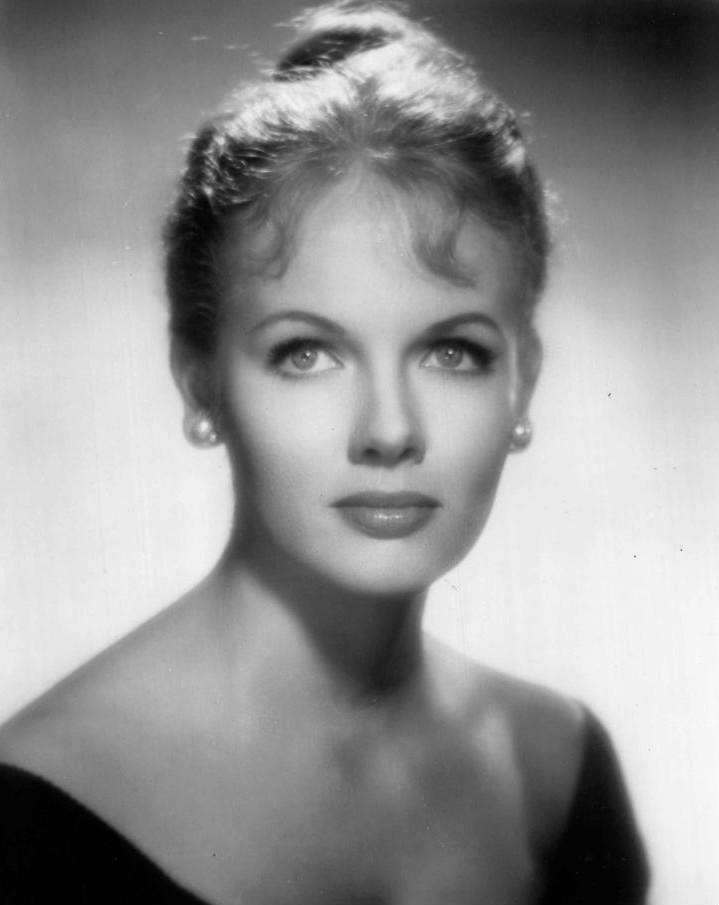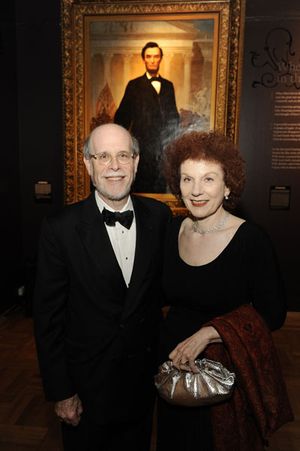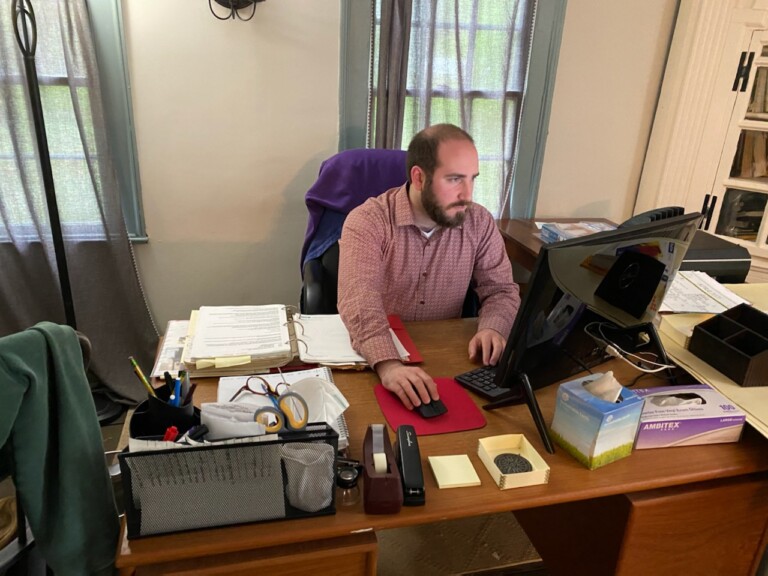RyeGPT People of Note: Former Rye Mayor, Industrialist, Philanthropist John Motley Morehead III
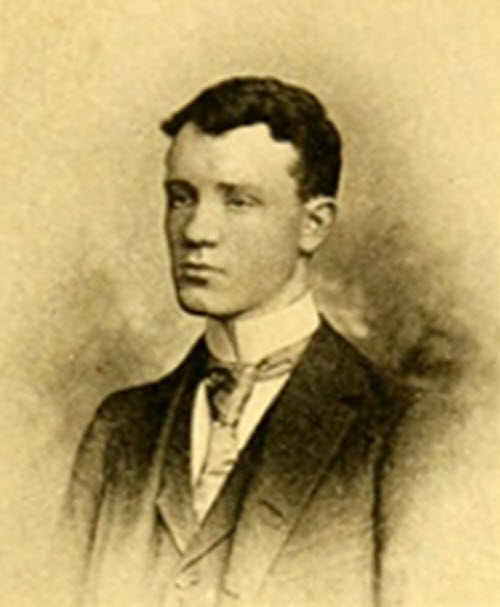
RyeGPT People of Note is a series highlighting individuals who have a connection to the City of Rye. In the series we ask OpenAI’s ChatGPT to prepare a biography and explain the individual’s connection to Rye.
We welcome your feedback on this series – the use of artificial intelligence, the accuracy and usefulness of each article and your assistance in understanding other pertinent insights related to the person’s connection to Rye.
You can add comments at the bottom of each article or you can send feedback via Tips & Letters.
Today, meet former Rye Mayor, chemist, industrialist, diplomat, and philanthropist John Motley Morehead III.
John Motley Morehead III (1870-1965) was an American chemist, industrialist, diplomat, and philanthropist who made significant contributions in various fields, including the chemical industry, international diplomacy, and education. Born on November 3, 1870, in Spray, North Carolina, Morehead’s work and legacy left a lasting impact on both his home state and the broader national landscape.
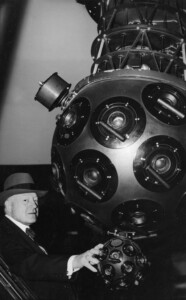
Morehead graduated from the University of North Carolina at Chapel Hill in 1891, where he was a member of the prestigious Dialectic and Philanthropic Societies. He furthered his education at the Massachusetts Institute of Technology (MIT), where he earned a degree in chemistry. His early career involved work in the chemical industry, and he quickly gained recognition for his innovations and business acumen.
Morehead’s significant contributions to the chemical industry include his work with Union Carbide Corporation, where he served as president. Under his leadership, the company grew to become a major player in the chemical and manufacturing sectors, producing a wide range of products, including the development of acetylene and calcium carbide technologies.
In addition to his industrial achievements, Morehead also had a notable diplomatic career. He served as the U.S. Ambassador to Sweden from 1930 to 1933, where he worked to strengthen diplomatic and economic relations between the two countries. His efforts in this role were recognized for promoting international cooperation and goodwill.
Morehead’s connection to Rye, New York, was through his residence in this affluent suburban community. He lived in a grand mansion at 558 Forest Avenue, which became known as the Morehead Mansion. This estate not only served as his home but also as a venue for various social and charitable events. Morehead was an active member of the Rye community, contributing to local causes and supporting initiatives that benefited the town and its residents.
Morehead’s civic engagement in Rye was significant. He served as the mayor of Rye from 1925 to 1930, during which time he was known for his dedication to public service and community development. His tenure as mayor was marked by efforts to improve local infrastructure, public services, and community amenities, helping to shape Rye into the prosperous and vibrant community it is today.
One of Morehead’s most lasting contributions to Rye was his donation of the city hall building. This generous gift provided the town with a central location for municipal operations and community events. The building, which stands as a testament to Morehead’s commitment to public service and civic pride, continues to serve as a vital hub for local government and community activities.
Morehead was also involved in various other philanthropic activities in Rye. He supported local schools, libraries, and cultural institutions, ensuring that the community had access to educational and cultural resources. His legacy in Rye is remembered not only for his tangible contributions but also for his spirit of generosity and dedication to improving the lives of those around him.
John Motley Morehead III passed away on January 7, 1965, in Rye, New York. His contributions to the chemical industry, his service as a diplomat, and his philanthropic efforts have left a lasting impact. His legacy continues through the institutions and initiatives he supported, particularly in the fields of education and scientific advancement, as well as through the enduring civic infrastructure in Rye that benefits the community to this day.

